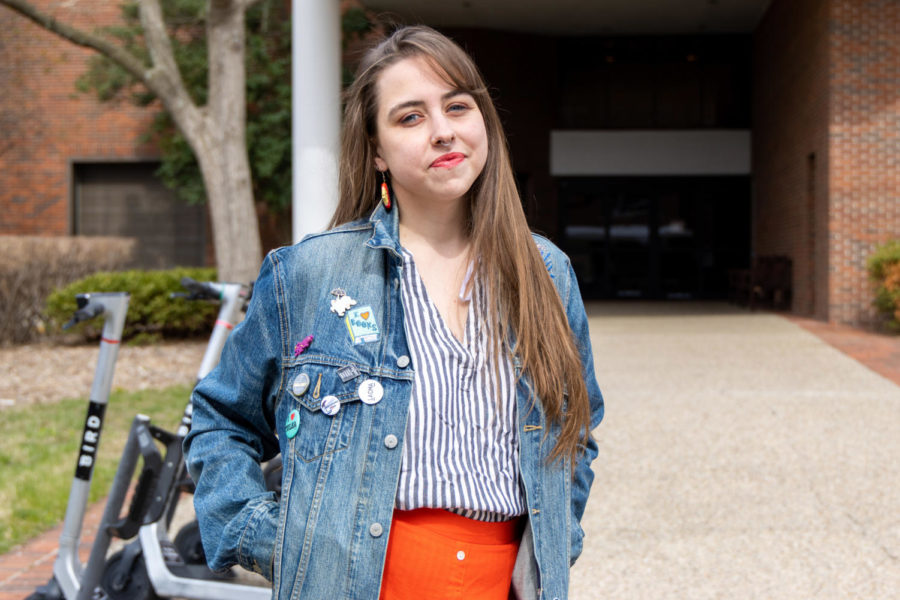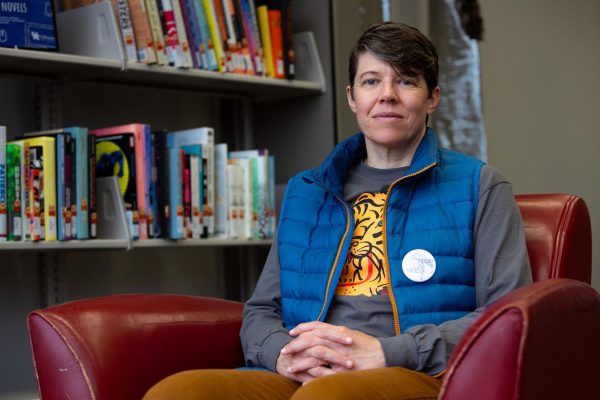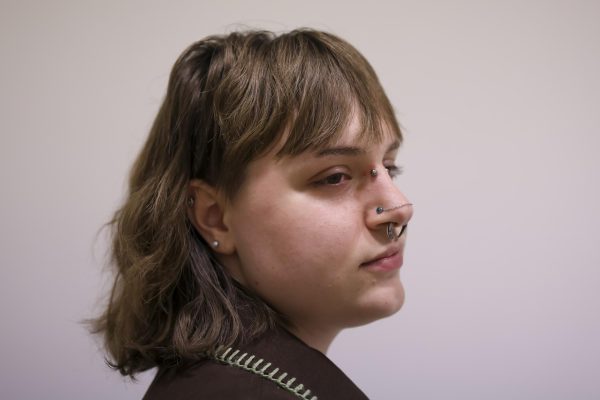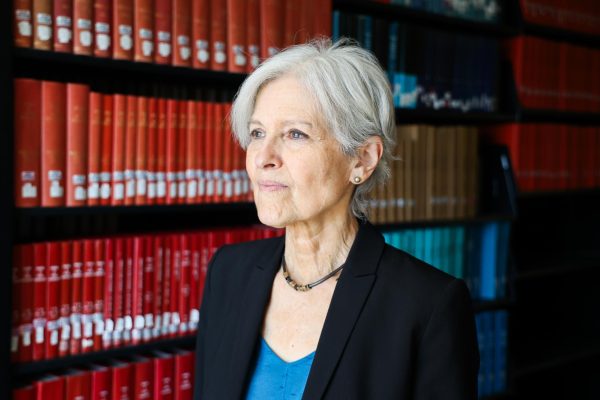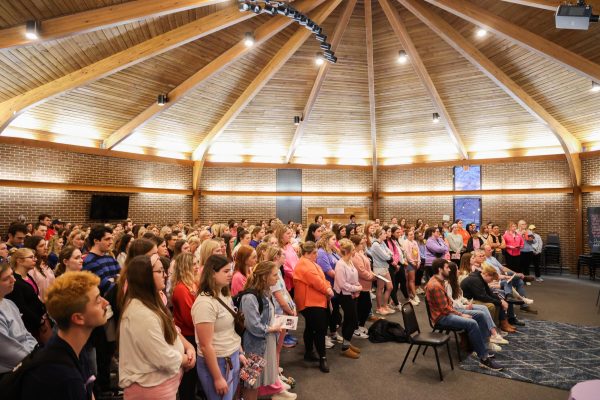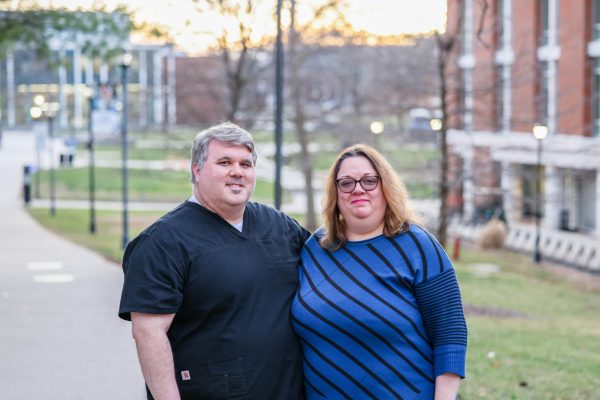Humans of UK: Caitlin Coulter finds a novel path to her doctorate degree
Caitlin Coulter, instructor and PhD candidate, poses for a portrait on Tuesday, March 21, 2023, at the University of Kentucky in Lexington, Kentucky. Photo by Brady Saylor | Staff
March 27, 2023
Caitlin Coulter is an unintentional doctoral candidate at the University of Kentucky and, after years of studying and facing several hardships, has discovered her true passion.
“The way I got into the Ph.D. program was haphazard; it was never the plan,” Coulter said.
Following an ended engagement, deciding that being a teacher wasn’t for her and going on to finish her undergraduate program with a small 300 students at Patrick Henry College, Coulter spontaneously decided to pursue a terminal master’s degree at the University of North Carolina at Greensboro after realizing that her life was not going as she planned.
When finished with her masters, the 28-year-old Coulter just kept going. She applied for a Ph.D. and chose UK. She’s now a candidate for a Doctorate of Philosophy including English language and literature.
Just after one semester at UK teaching and learning, the COVID-19 pandemic hit, and with it came a new set of hardships for Coulter.
“Everything went online, and it was my first year teaching, so I had to learn to teach on Zoom on the fly in a role that I was already still trying to figure out … as a neurodivergent person, there was a lot of anxiety around that,” she said.
It was at this time that Coulter went from being a Ph.D. student to a Ph.D. candidate, which meant that all that lay between her and being called “Dr. Coulter” was a dissertation.
She stumbled upon a book that she said became the “bedrock” of her dissertation: “Desert Blood: The Juarez Murders” by Alicia Gaspar de Alba. The novel is based on the violence and murder crisis against women on the Juarez-El Paso Border.
After reading that book, Coulter said things just kind of clicked together for her, and she’s been motivated to study detective fiction written by women of color.
“It was a long and winding road, but now I am interested, and I get to look at how women of color in contemporary detective fiction are really pushing the genre in ways that bring it back to important academic attention but also in ways that force the reader to look at what’s going on in the book as a mirror of what’s going on in real society, the society they live in,” Coulter said.
She said the novels she focuses on now highlight systems of harm in society and inspire readers to acknowledge them, ask questions and, if they have the power, do something about it.
“At the end of (the novels) it’s not just ‘Oh, the girl was saved,’ but why was she harmed in the first place? And this is one girl, so the systems of harm that are still out there are just going to create more victims,” Coulter said.









































































































































